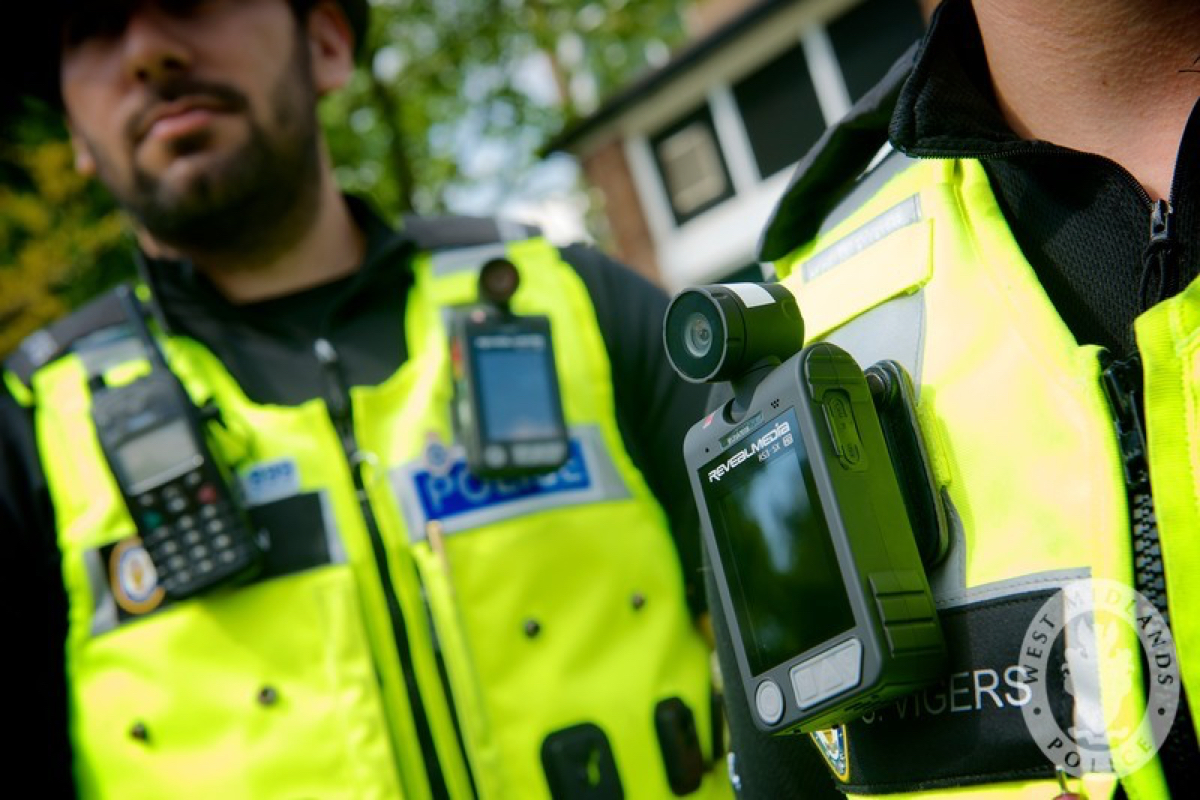Boston Police Reach Deal on Body Camera Pilot
Boston Police are poised to start wearing body cameras on their uniforms after the Boston Police Department and the city struck a deal this week with union leaders.
Up to 100 officers, or one out of every 20 on the force, will take part in a six-month pilot program to test how the devices impact police work while documenting interactions with the public. Those who participate will have to volunteer to do so, which is due to a requirement in the Boston Police Patrolmen’s Association contract that officers not be forced to wear them against their will. Officers who wear the cameras will get a $500 stipend at the end of the program.
The city has set aside $500,000 for the program.
“In Boston, we are fortunate to have strong relationships with our communities and I’m confident that body cameras will serve as another tool for the Boston Police Department to continue their work in the neighborhoods,” Mayor Marty Walsh said in a prepared statement released Tuesday afternoon.
The rollout has not been a speedy one, having been pushed back several times. It’s still not clear exactly when the first camera-equipped BPD officers will hit the streets, but officials told the Boston Globe the pilot could start as soon as August.
It was also not a process without frustration among advocates for police accountability. Input on what policies should come with the cameras was taken at community meetings, but until now there hasn’t been a clear set of guidelines on how the devices would be used. There have also been concerns raised about the voluntary nature of the program, including suspicion that only the highest-performing officers will participate. Still, advocates told the Globe they were glad a deal had been reached and were mostly satisfied with the policy that comes with it.
“It looks like they listened to the community,” Carlton Williams of the American Civil Liberties Union told the Globe.
Footage of police activity has helped fuel nationwide attention on police-involved shootings. Videos, most of them shot on smartphones by suspects or bystanders, have inspired protests in Boston and in cities around the country. There has been a recent push to equip officers with cameras to provide a clearer picture of what happens in police interaction and to protect both civilians and officers. Most police departments now either have body cameras or are considering adopting them, a recent survey found.
Boston Police Commissioner William Evans has said in the past he doesn’t think his police force needs the cameras, but has pledged to complete the test run fairly. He has also downplayed their significance when compared to relationship-building in neighborhoods, telling Boston last month that, “all it is is a gadget. It’s not going to solve the deep-rooted mistrust between the community and the police.” In the Tuesday release, though, he called the pilot “important.”
“This is a positive development that brings the Boston Police Department even closer to implementing this important pilot program in the city,” Evans said in a prepared statement. “We are committed to building on the trust we have earned with our constituents while keeping our community safe.”


